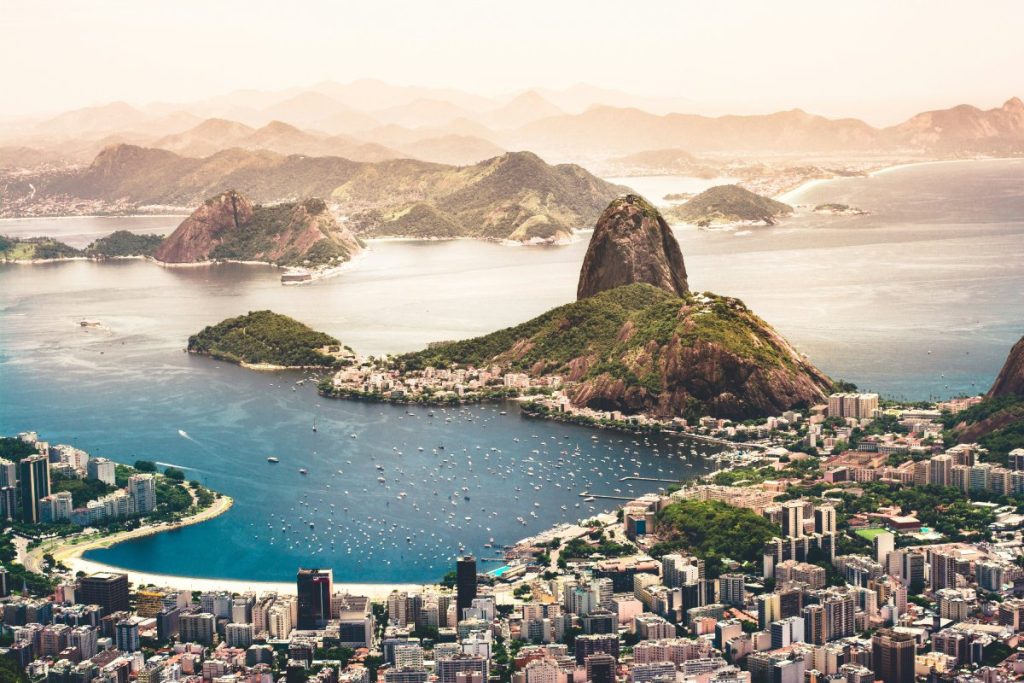Brazil has postponed reinstating its visa requirements for tourists from Australia, Canada, and the U.S. until 2025. President Luiz Inácio Lula da Silva signed a decree on Tuesday that included this action. Since 2019, citizens from these countries have been allowed to travel to Brazil without a visa. The Brazilian government initially planned to implement the visa requirement on April 10, but this is the second time it has been postponed. Embratur, the tourism board, has been implementing an international dissemination strategy to inform the press, airlines, operator associations, and tourism agencies of the postponement.
The U.S. is Brazil’s second-largest overseas tourist market, with nearly 670,000 Americans visiting Brazil in 2023. In the first two months of 2024, North American arrivals in Brazil were 11% higher than in the same period of the previous year. Starting on April 10, 2025, Americans, Canadians, and Australians will have to apply for a visa to visit Brazil. The cost of the visa is $80.90 and the validity length varies for each country. Americans will receive a 10-year visa, while Canadians and Australians will receive a 5-year visa. Tour operators have expressed concerns that these new rules could make Brazil less competitive as a tourist destination.
The postponement of the visa requirement for tourists from Australia, Canada, and the U.S. until 2025 reflects Brazil’s recognition of the importance of these markets to its tourism industry. With the U.S. being the second-largest overseas tourist market for Brazil, it is crucial to maintain a positive relationship and encourage tourism from these countries. The implementation of this requirement in 2025 will likely have an impact on the number of visitors from these countries, as the cost and process of obtaining a visa may deter some travelers.
Brazil’s decision to postpone the visa requirement also highlights the country’s commitment to embracing tourism and promoting itself as a desirable destination for international visitors. By delaying the implementation of this requirement, Brazil is demonstrating its willingness to work with key markets to facilitate travel and foster positive relationships. The tourism board, Embratur, has been actively engaging with stakeholders to inform them of the changes and ensure a smooth transition when the visa requirement is finally implemented in 2025.
While the new visa rules set to be implemented in 2025 may pose challenges for tourists from the U.S., Canada, and Australia, Brazil will need to find a balance between security measures and attractive tourism policies. The $80.90 cost of the visa and varying validity lengths for each country could impact the competitiveness of Brazil as a tourist destination. It will be important for Brazil to consider the potential consequences of these new rules and work towards finding solutions that benefit both the country’s security interests and tourism industry.
In conclusion, Brazil’s decision to postpone the visa requirement for tourists from Australia, Canada, and the U.S. until 2025 reflects the country’s recognition of the importance of these markets to its tourism industry. The implementation of the visa requirement in 2025 will likely have an impact on the number of visitors from these countries, but Brazil is committed to embracing tourism and promoting itself as a desirable destination for international visitors. It will be essential for Brazil to find a balance between security measures and attractive tourism policies to ensure continued growth in its tourism industry.


